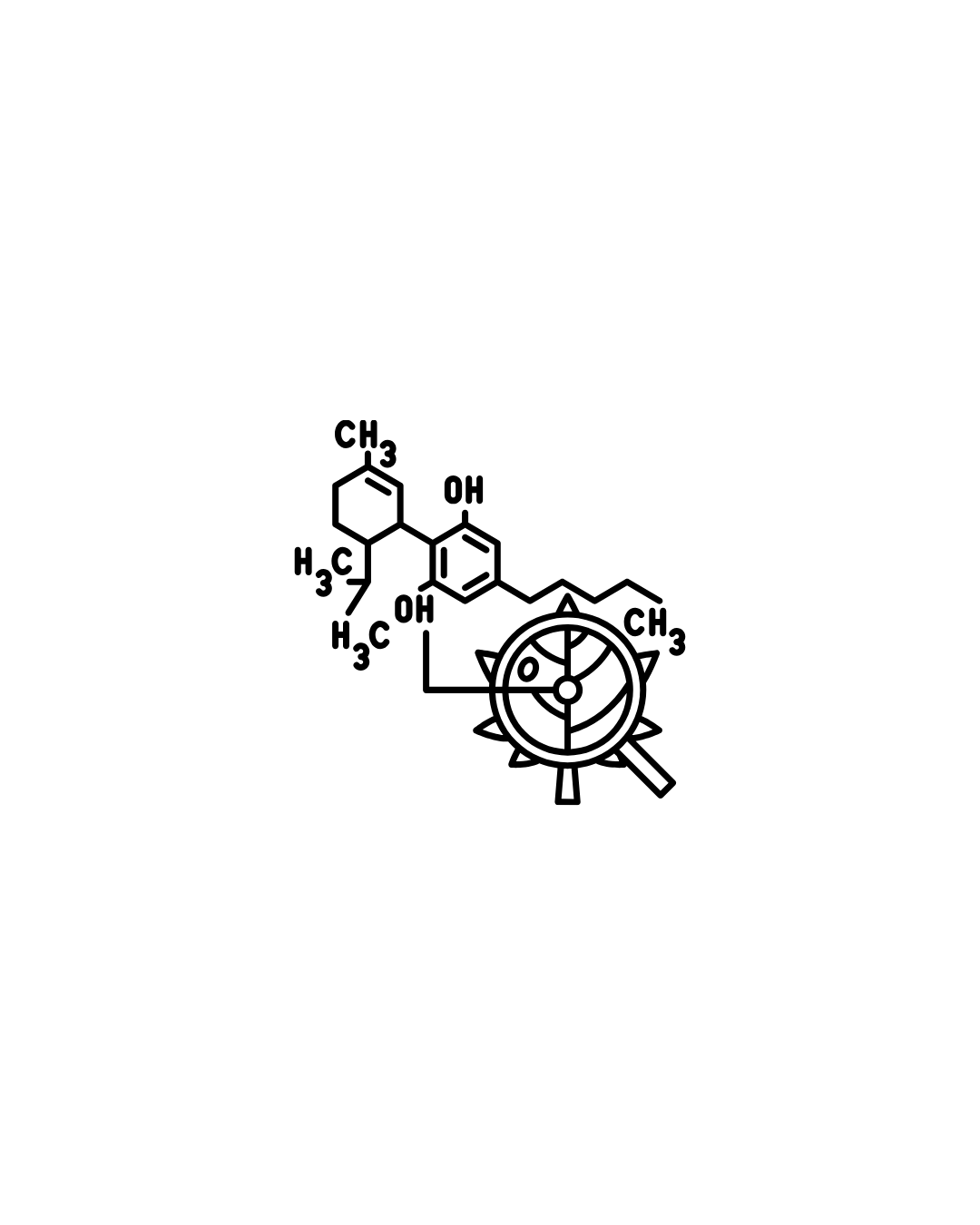Description
A Bachelor of Technology in Biochemistry (B.Tech in Biochemistry) is an interdisciplinary undergraduate program that integrates principles of chemistry, biology, and technology to understand the biochemical processes within living organisms. This program focuses on the molecular mechanisms of biological functions, including metabolic pathways, genetic expression, and the interactions of biomolecules. Graduates are equipped with the skills required for various roles in healthcare, pharmaceuticals, biotechnology, and research.
Curriculum Overview
The curriculum for a B.Tech in Biochemistry typically includes foundational courses in chemistry and biology, advanced biochemistry topics, and practical laboratory training. Here are some common subjects and areas of study in this program:
Fundamentals of Biochemistry:
Introduction to the structure and function of biomolecules, including proteins, nucleic acids, carbohydrates, and lipids.
Organic and Inorganic Chemistry:
Essential concepts of organic and inorganic chemistry relevant to biochemical reactions.
Cell Biology:
Study of cellular structures, functions, and processes, including cell metabolism, signaling, and communication.
Molecular Biology:
Exploration of DNA, RNA, and protein synthesis, along with molecular techniques (e.g., PCR, gene cloning).
Enzyme Kinetics and Metabolism:
Examination of enzyme functions, kinetics, and the regulation of metabolic pathways.
Biochemical Techniques:
Hands-on training in techniques such as chromatography, electrophoresis, mass spectrometry, and spectrophotometry.
Microbiology:
Study of microorganisms, their biochemical processes, and roles in health and disease.
Biotechnology:
Introduction to biotechnological applications in medicine, agriculture, and industry, including genetic engineering and recombinant DNA technology.
Immunology:
Understanding the immune system, immunological techniques, and the biochemical basis of immunological responses.
Bioinformatics:
Introduction to computational tools and techniques for analyzing biological data, particularly in genomics and proteomics.
Pharmacology:
Study of drug interactions, mechanisms of action, and the biochemical basis of drug design and development.
Bioprocess Technology:
Examination of bioprocesses and bioreactor design for the production of biochemical products.
Environmental Biochemistry:
Study of biochemical interactions within ecosystems and the role of biochemistry in environmental conservation.
Capstone Project/Internship:
Practical experience through a capstone project or internship in laboratories, pharmaceutical companies, or research institutions.
Career Opportunities
Graduates with a B.Tech in Biochemistry have various career opportunities in sectors like healthcare, pharmaceuticals, biotechnology, and research. Some potential job roles include:
Biochemist: Conducting research to understand biochemical processes and developing new products or processes.
Clinical Research Associate: Overseeing and managing clinical trials and research studies in pharmaceuticals or biotechnology.
Quality Control Analyst: Ensuring the quality and safety of biochemical products through testing and analysis.
Biotechnology Researcher: Working in research and development labs to discover and develop new biotechnological applications.
Pharmaceutical Sales Representative: Promoting pharmaceutical products and providing technical knowledge to healthcare professionals.
Regulatory Affairs Specialist: Managing compliance with regulations governing pharmaceuticals and biochemicals.
Laboratory Technician: Assisting in laboratory experiments, data collection, and analysis in research facilities or hospitals.
Biomanufacturing Specialist: Overseeing the production of biochemicals and biopharmaceuticals in commercial settings.
Envirochemist: Studying and addressing biochemical processes affecting environmental health and safety.
Educator/Researcher: Pursuing a career in academia, teaching biochemistry, and conducting research.
Further Education
Graduates may choose to pursue a Master?s degree or Ph.D. in Biochemistry, Molecular Biology, Biotechnology, or related fields for further specialization. Obtaining certifications in specific biochemistry-related techniques or technologies can also enhance career prospects and advancement opportunities.
If you have any further questions about the curriculum, potential career paths, or other aspects of a Bachelor of Technology in Biochemistry, feel free to ask!









